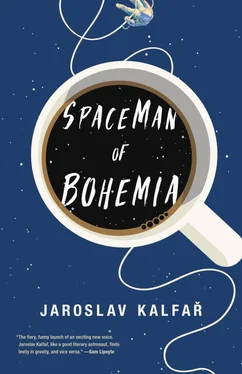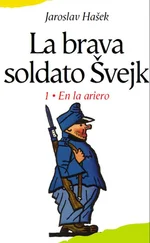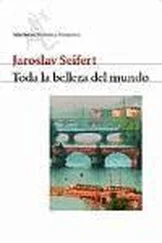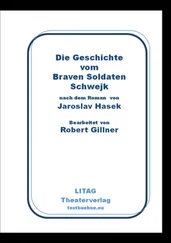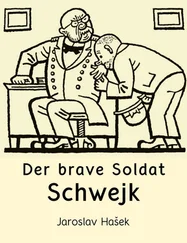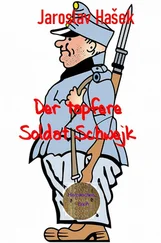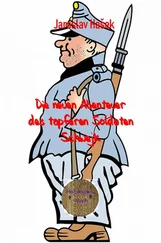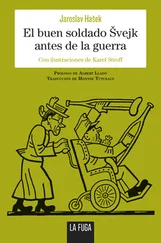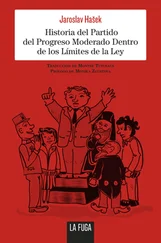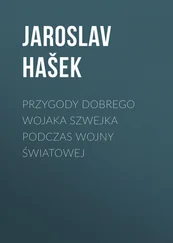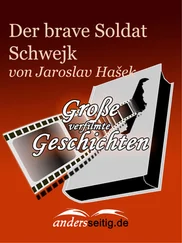Kuřák:You feel that there has been a violation.
Lenka P:It took me ten minutes after I left those girls to realize that the nude girl was Petra, the girl I used to play with in the attic as a child. And there she was, probably didn’t even recognize me, and yet she made me realize. Jakub and I, our contract declared that we were meant to knock around this world together, explore it, make it better or ruin it, live young for as long as we could. But then he left, and now every minute of my day I expect the call to let me know he is gone. Even if he returns, what kind of man will he be? The things he’s seeing, the loneliness, the sickness… you see, Jakub chose to become forever someone else. That is his right as a person, but it does not bode well for contracts. He’s the one flying away from me, but sometimes? Sometimes it feels like I’m in a spaceship too, and I’m soaring in the opposite direction. And there’s no chance we will ever collide again, not unless the universe is a loop, and that, Dr. Kuřák, is why I wake up standing next to my bed, arms limp by my sides. Like some sleepwalker of grief.
Kuřák:What would Jakub say of these contracts?
Lenka P:I don’t think Jakub has any idea. He thinks he’s going to come home to the same Lenka, the old Lenka, and he will be the same Jakub, and we’ll pick up where we left off, like those eight months aren’t very long. But it isn’t the time, it’s the distance, the likelihood of failure, the danger he’s put himself in. I’m no Penelope. I don’t want to wait around for a hero’s return. I don’t want the life of a woman in epic poetry, looking pretty as I stand on shore and scan the horizon for his ship once he’s finished conquering. Perhaps I sound awful. But what about my life, my hopes for myself? They can’t all be tied to Jakub. They just can’t.
Kuřák:I don’t think you’re selfish.
Lenka P:I appreciate that.
Kuřák:Do you consider Jakub an idealist?
Lenka P:Jesus Christ, what a question. He’s flying a spaceship to nowhere. What else would you call a man who does such a thing?
[END]
THAT EVENING, after I had listened to Lenka tell her truths to Dr. Kuřák, I determined that I must stay dead, hidden from the shocked, warm embrace of a nation that had built me statues and would surely smother me with cries of miracles. I had died for the country. They had no right to ask me for a resurrection. I discussed this with Petr until I unwittingly slipped out of consciousness. The next morning, I woke up with a pillow underneath my head. Petr and his wife, Linda, stood over me with mugs of coffee and a plan. It was clear that Linda now understood the identity of her guest, and that the plan was a team effort born of their sleepless night.
Petr insisted that my body was devastated by zero gravity and in need of healing. He noted my swollen cheek, the result of my crudely extracted tooth. He noted my blocked sinuses and my slight limp. He explained that approximately 12 percent of my bone mass had vanished due to spaceflight osteopenia and that without therapy, I was looking at a lifetime of excruciating knee pain. Stomachaches, gas, gums swollen with gingivitis. I imagined those emaciated bones carrying my pounds of organs, flesh, and skin like an overloaded mule climbing a mountain.
And so they convinced me. I would spend three weeks in Carlsbad, Bohemia’s famous town of healing, dip myself into the hot springs, and drink mineral water. I would lift weights to rebuild bone density, wearing Petr’s borrowed gray sweat clothes, whose elastic band had worn thin from an indeterminable amount of time holding in his girth. I would also submit to the dentist’s tools to rid me of infection, and I would let Petr drive over once a week and provide me with physical examinations. Petr assured me that no one was going to recognize me. It was because people don’t think of dead men as physical bodies, he said, but glorified concepts. Aside from that, I knew that no man, woman, or child could confuse my transformed cheekbones and sagging eyes with the fresh-faced hero of posters and television screens. After these three weeks, Petr promised, he would take me to Lenka himself, if that was what I wanted.
When he dropped me off, Petr handed me a bag with eighty thousand crowns in it. Part of his severance package from the SPCR. I did not think about rejecting it for a single second. I was owed.
DURING HIS RULE in the fourteenth century, Holy Roman Emperor Charles IV blew off steam after a day’s work by hunting on horseback around the Ore Mountains. One day, his pack discovered a hot spring flowing from the earth, a miracle sent by God to heal the emperor’s injured leg. Charles IV experienced instant relief after dipping his majestic limb into the spring, and declared that it possessed divine healing powers. He granted city privileges to the settlements surrounding the springs and this new town was named Carlsbad, after its beloved founder. As the town grew, renowned physicians from around the world published papers about the effects of the spring, and by the nineteenth century, Carlsbad had seen the likes of Mozart, Gogol, and Freud. To build a proper social playground for these celebrities, architectural behemoths in the style of art nouveau were constructed around Carlsbad’s trees and fountains, turning the town into a man-made Eden if ever there was one. Colonnades, hot springs, parks named after rulers and composers, buildings with curves and edges so delicate only the devil himself could have carved them. And silence. The silence of serenity, the silence of human beings too content to speak.
My room in Carlsbad wasn’t much bigger than the lounge area of JanHus1 . By all standards, it was sufficient for a dead man. Its rough gray carpet itched my feet and there was a chair that smelled of chlorine and a table that creaked constantly for no apparent reason. The bed was magnificent just as fresh food was magnificent, just as humans walking around without a care were magnificent, their sheer existence a wonder for my starved senses. I ate all of my meals in this bed and shook the crumbs from the sheet out of the window before smoking a cigarette. Yes, since the pox-scarred driver had given me one of his menthols, I had taken up smoking. I hated the smell of cigarettes, the taste, even the smoke I found aesthetically overrated, but I chain-smoked regardless in an effort to form a habit, to build a structure for my lonely days. I woke at nine in the morning sharp with a prebreakfast nicotine craving and I smoked my last stick around midnight, right after ingesting sleeping pills. Tobacco was a timekeeper, the tuner of my biological clock. A friend.
Every morning at ten, I had my physical therapy. A kind-eyed woman named Valerie helped me submerge in a blue tub filled with hot mineral water. During our first session, she asked me where I came from, whether I was married. Prague, I said. I didn’t answer the second question. She got the implication of my brief answers and began talking about herself instead. Her father used to work in a factory that manufactured weapons for the Nazis. Near the end of the war, he and a few other workers decided to sabotage the guns—to damage magazine springs so the ammo wouldn’t feed, or to pack the ammo with too much powder in order to cause explosions and the loss of fingers. The inspector, a German, was a drunk, always loaded on slivovitz during his shifts, and it was easy to distract him enough for the weapons to pass through undetected. By the time these weapons were put into circulation, the Germans were retreating, and Valerie’s father never found out whether his rebellion had much of an effect. But he would walk around town for the rest of his life, chest puffed out, receiving free beer in exchange for his story of great sabotage, cutting those magazine springs with pliers, slicing his hands, bleeding with pride over those fascist tools of murder.
Читать дальше
